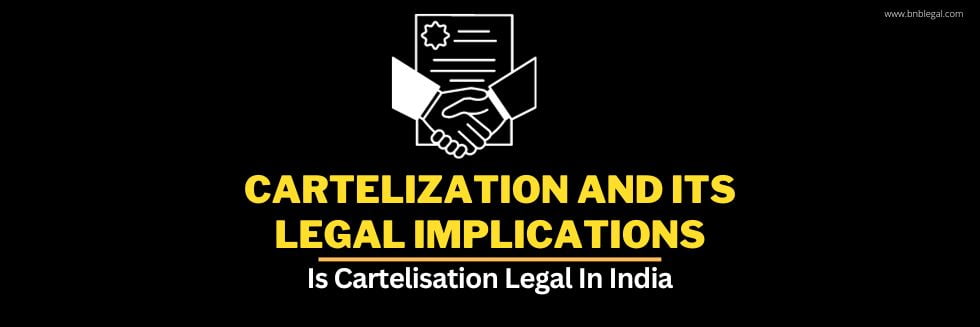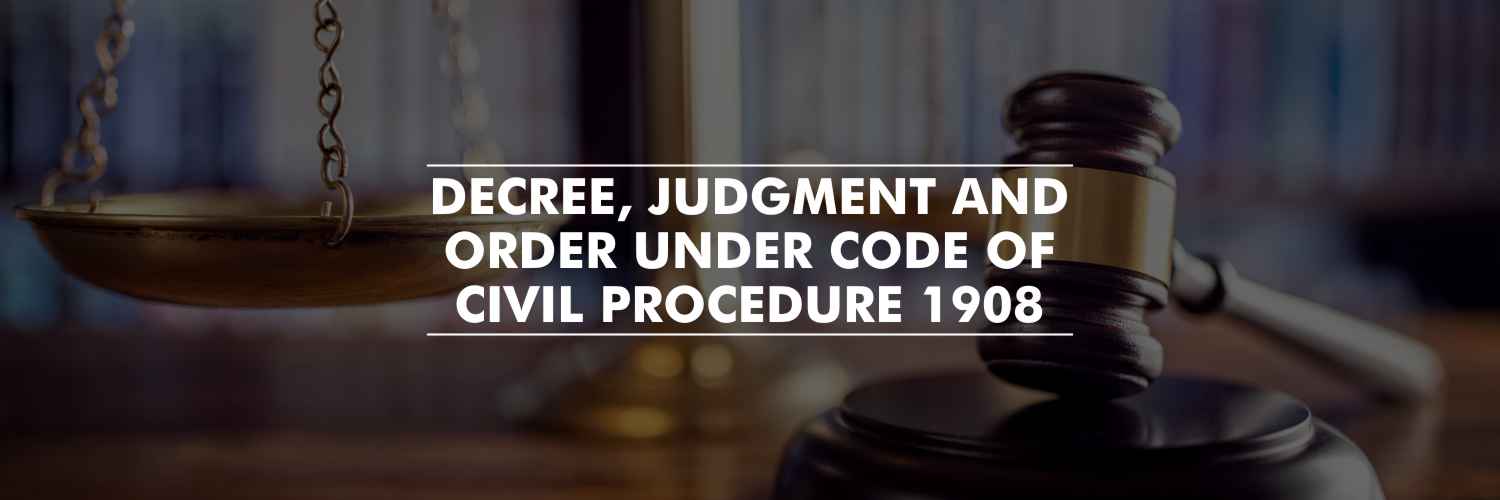Courts generally grant preventive relief by way of injunctions. It is totally dependent on the discretion of the court. Injunction basically refers to restraining order of the courts directed to a party for not doing certain act or if already begun, not to continue the act which threaten or invade the legal rights of the other. Injunction also means ordering a person to do certain act, for example, to make restitution to an injured party. In other words, injunction can be defined as a court order which compel a person to do or not to do a particular act. Court may or may not grant injunctions taking into consideration the facts and circumstances of the case.
Injunctions are dealt with under sections 36-42 of the Specific Relief Act, 1963. Injunction is an extraordinary remedy but not a matter of right but its denial is within the jurisdiction of the court. Injunction generally is drawn out from the other proceedings. For example, the landlord sues the tenant and the protection of interests of landlord in ownership of the premises is the issue involved herein. The landlord may request the court to issue an injunction against the tenant’s continuing harmful use of the property. Therefore it can be inferred that the injunction is an ancillary remedy in the action against the tenant.
The courts issue injunctions only when it is satisfied that a necessity exists there and if not provided, an irreparable injury will be caused to the person seeking injunction. By irreparable injury is meant, the injury which cannot be adequately compensated by award of damages. If an injury is measurable in terms of money, it cannot be called irreparable. The courts can dissolve or modify the injunction granted at a later stage if the circumstances so require. This is not a sort of liberal remedy, so the courts are required to be very careful while granting injunction. They need to carefully examine the hardships the parties may sustain from granting or refusal of injunctions. Illegal practice of a law, medicine etc. has been stopped by way of issue of injunctions.
TYPES OF INJUNCTIONS
1. Temporary or interlocutory or preliminary injunction:- these injunctions are such as are:
a. To continue until a specified time
b. Or until the further order of the court
c. May be granted at any stage of a suit
d. Are not based on merits of the suit
e. Are regulated by the Code of Civil Procedure, 1908
f. It is embodied in section 37(1) of Specific Relief act, 1963.
2. Perpetual or permanent injunctions:- these are granted :
a. On the basis of merits of the case
b. By the decree made at the hearing
c. The defendant is prevented from assertion of a right or from commission of an act, which would be contrary to the rights of the plaintiff.
d. This injunction is the final relief.
e. It is embodied in section 37(2) of Specific Relief Act, 1963.
Perpetual injunctions can be granted under section 38 of Specific Relief Act, 1963.
38. Perpetual injunction when granted.—
(1) Subject to the other provisions contained in or referred to by this Chapter, a perpetual injunction may be granted to the plaintiff to prevent the breach of an obligation existing in his favour, whether expressly or by implication.
(2) When any such obligation arises from contract, the court shall be guided by the rules and provisions contained in Chapter II.
(3) When the defendant invades or threatens to invade the plaintiff’s right to, or enjoyment of, property, the court may grant a perpetual injunction in the following cases, namely:—
(a) where the defendant is trustee of the property for the plaintiff;
(b) where there exists no standard for ascertaining the actual damage caused, or likely to be caused, by the invasion;
(c) where the invasion is such that compensation in money would not afford adequate relief;
(d) where the injunction is necessary to prevent a multiplicity of judicial proceedings.
3. Mandatory injunctions:- when the necessity to compel the performance of certain acts arises and which the court is capable of enforcing, the court has a discretion to grant an injunction for preventing the breach of an obligation that is complained of. The court can also compel specific performance of certain requisite acts.
Section 39 of the specific relief act, 1963 provides the definition of mandatory injunctions.
These injunctions are rarely granted because they are harsh in nature. For example, These injunctions are granted to compel removal of buildings on others land.
41. Injunction when refused.—An injunction cannot be granted—
(a) to restrain any person from prosecuting a judicial proceeding pending at the institution of the suit in which the injunction is sought, unless such restraint is necessary to prevent a multiplicity of proceedings;
(b) to restrain any person from instituting or prosecuting any proceeding in a court not subordinate to that from which the injunction is sought;
(c) to restrain any person from applying to any legislative body;
(d) to restrain any person from instituting or prosecuting any proceeding in a criminal matter;
(e) to prevent the breach of a contract the performance of which would not be specifically enforced;
(f) to prevent, on the ground of nuisance, an act of which it is not reasonably clear that it will be a nuisance;
(g) to prevent a continuing breach in which the plaintiff has acquiesced;
(h) when equally efficacious relief can certainly be obtained by any other usual mode of proceeding except in case of breach of trust;
(i) when the conduct of the plaintiff or his agents has been such as to disentitle him to the assistance of the court;
(j) when the plaintiff has no personal interest in the matter.
CONTEMPT
The person who violates the injunctions granted can be punished for contempt of court. The person is entitled to hearing or trial who is being convicted of contempt of court.








